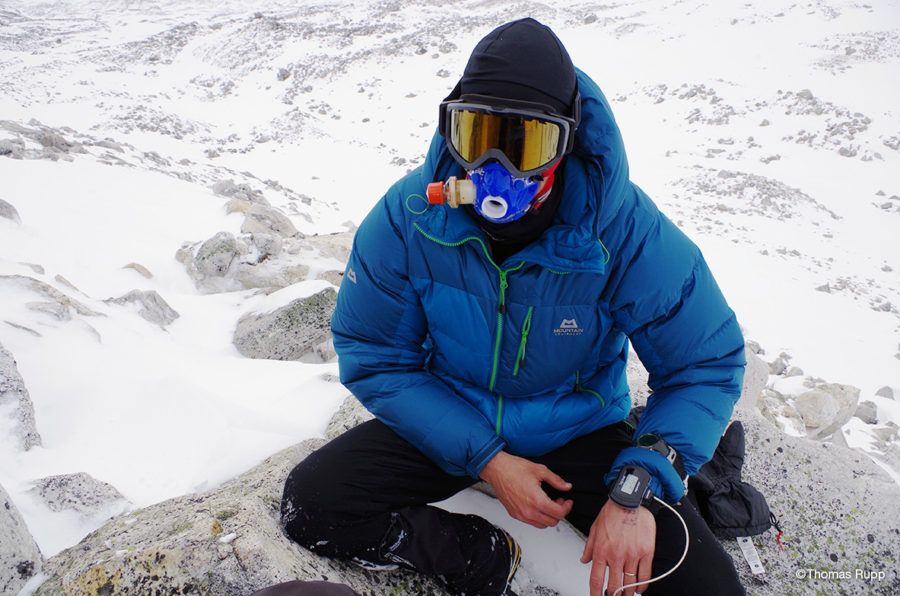
Science in the Glorious Quran: The Lack of Oxygen at High Altitude
“فَمَن يُرِدِ اللَّهُ أَن يَهْدِيَهُ يَشْرَحْ صَدْرَهُ لِلْإِسْلَامِ ۖ وَمَن يُرِدْ أَن يُضِلَّهُ يَجْعَلْ صَدْرَهُ ضَيِّقًا حَرَجًا كَأَنَّمَا يَصَّعَّدُ فِي السَّمَاءِ ۚ كَذَٰلِكَ يَجْعَلُ اللَّهُ الرِّجْسَ عَلَى الَّذِينَ لَا يُؤْمِنُونَ” (الأنعام:125).
“When God desires to guide someone, He expands his breast to submission (Islam). When He desires to misguide someone, He makes his breast narrow and constricted as if he were climbing up into the sky. That is how God defiles those who have no faith.” (Qur’an, 6:125)
There is a gradual decrease in both atmospheric pressure and the available amount of oxygen on ascension to higher altitudes.
The decrease in atmospheric pressure due to the ascension to higher altitudes leads to an increased pulmonary capillary pressure, the development of pulmonary oedema and accumulation of fluids in the alveoli, which together lead to a difficulty in breathing.
On the other hand, the decrease in oxygen molecules per unit volume of air at higher altitudes leads to a lesser differential pressure between oxygen in the inspired air and its level in the blood and tissues. Consequently, it becomes harder for the hemoglobin to pick up oxygen from the air and transport it to tissues, a fact which leads to an increased rate of breathing and even suffocation.
The above verse, revealed more than 14 centuries ago, points out the major symptoms of ascension to high altitudes.

Lower pressure at high altitudes causes pulmonary oedema, and the lower amount of oxygen causes rapid shallow breathing and rapid heart rate.

